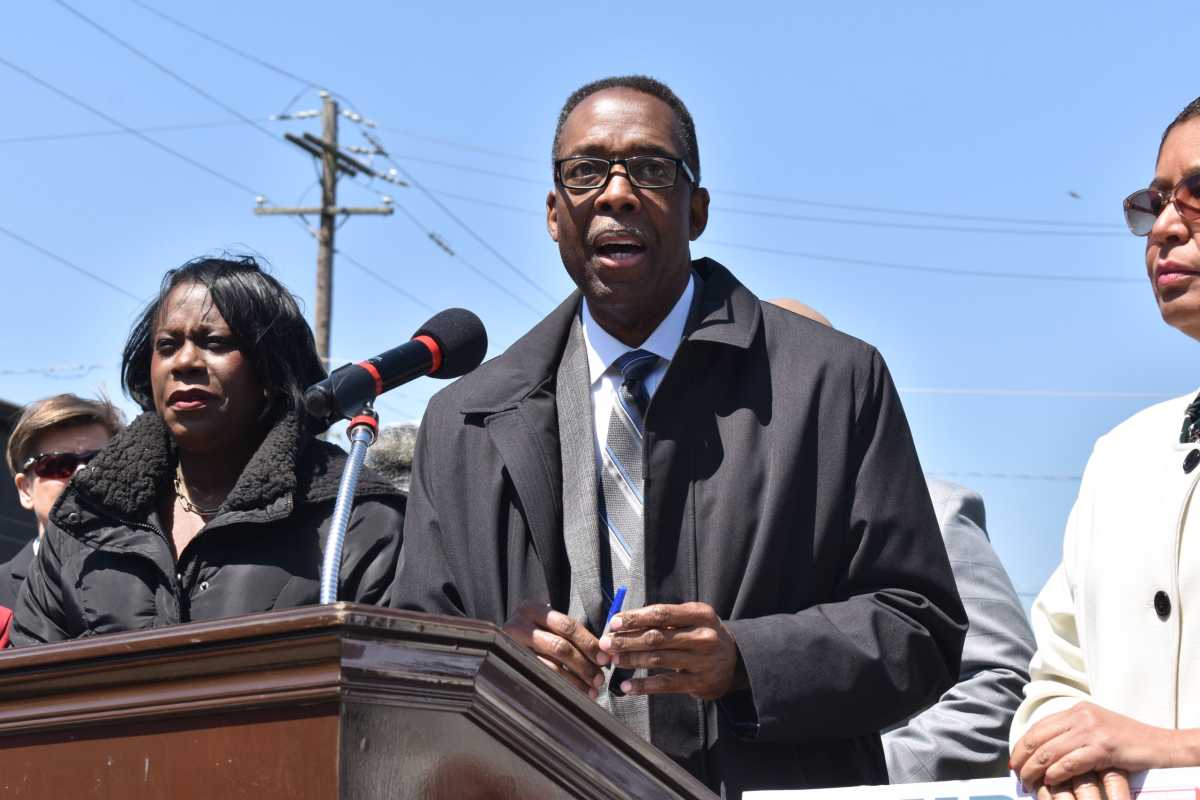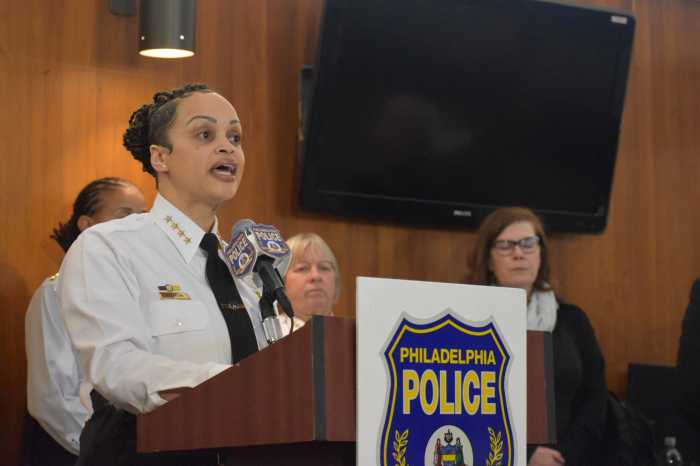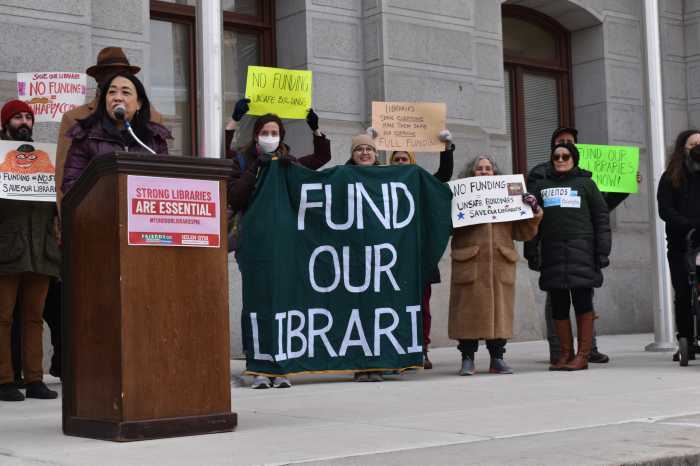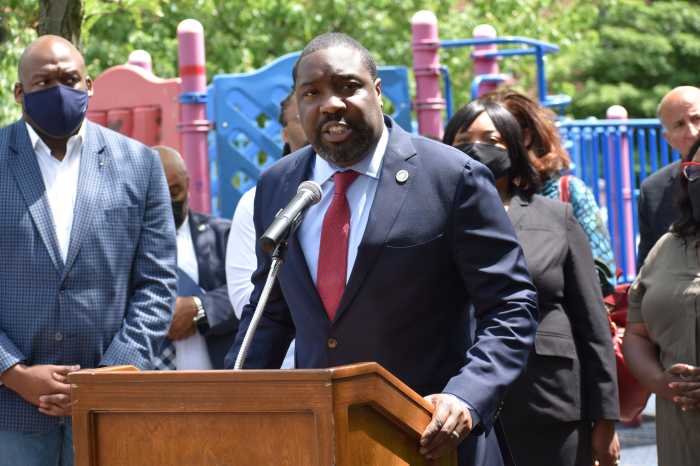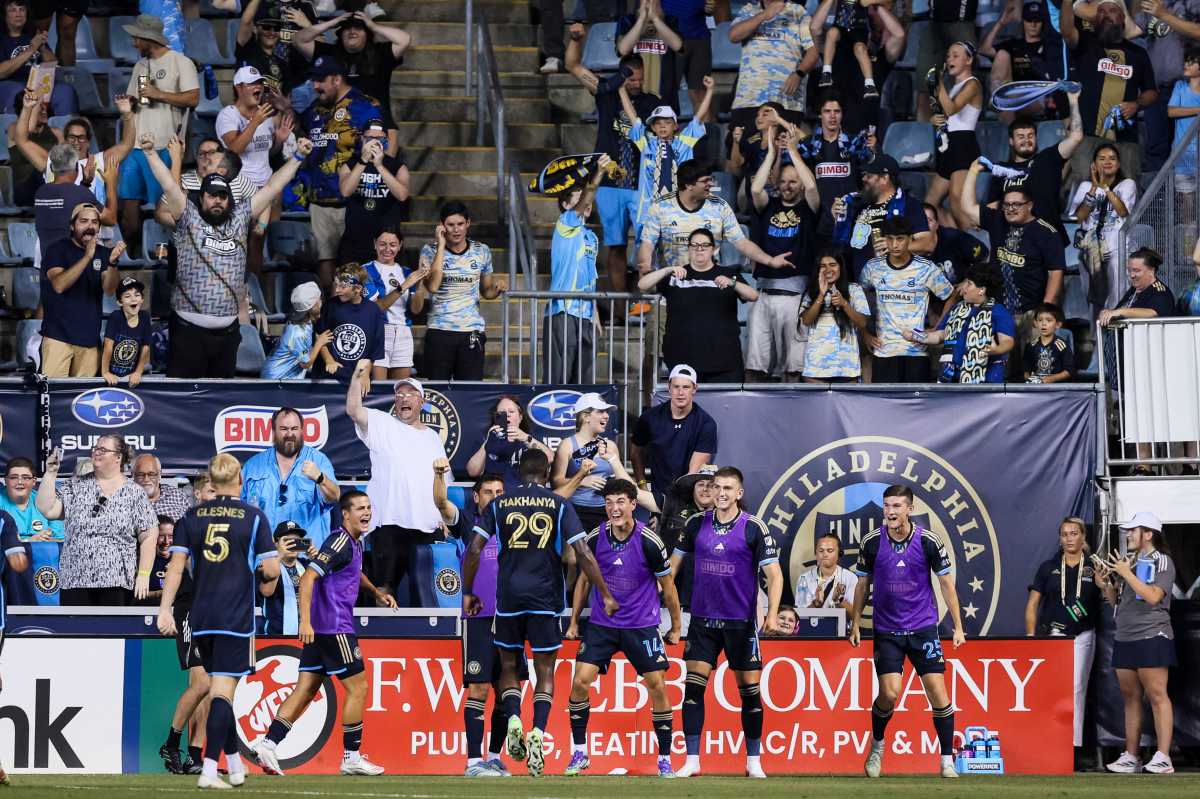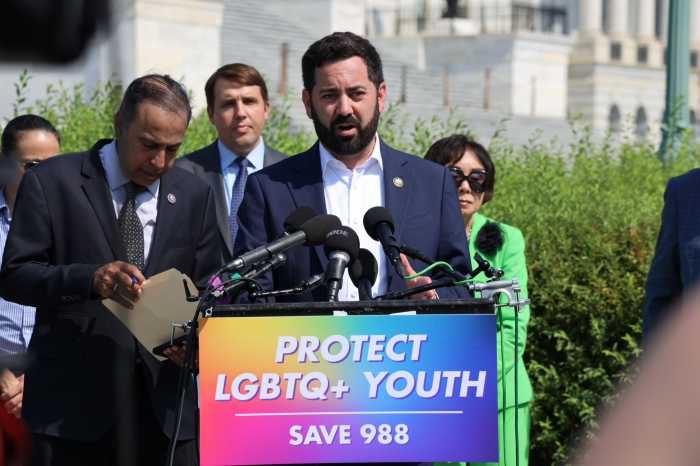Parking never seems to creep far beneath the surface in Philadelphia.
The issue hijacked a sizable chunk of a nearly four-hour City Council committee hearing Tuesday about public education that included Mayor Jim Kenney, Board of Education members and School District of Philadelphia Superintendent Tony Watlington Sr.
BOE leaders, during a presentation at the virtual meeting, requested dedicated street parking for school staff to help with the recruiting and retention of teachers.
“I’m actually going to leave that whole parking issue alone,” Council President Darrell Clarke said. “God bless you on that one. There are a lot of people that would like to have parking on their street, let alone at their workplace.”
The response did not sit well with Board Vice President Mallory Fix-Lopez, who said the board received a similar quip last year.
“What concerns me the most is that if we can’t figure out parking for public school teachers, I feel that we’re doomed as a city,” she said. “We’re not going to be able to figure out public education.”
Parking – and the fear of walking in neighborhoods with high rates of crime – is a persistent concern among staff, Fix-Lopez said. She explained that the problem has worsened staffing shortages at schools like Gloria Casarez Elementary, formerly known as Sheridan, in Kensington.
“I live a block from Sheridan school,” Councilmember Jim Harrity said. “If your teachers are scared, how do you think my kids feel?”
Kenney suggested the possibility of remote parking lots with shuttles, and Councilmember Jamie Gauthier noted that a special parking permit was established for a school in her district, though it costs $96 a month – in line with a SEPTA pass.
Clarke admitted his comment was “rather flippant,” and, later in the hearing, said the underlying issue is fixing crime.
“This is an issue for everybody,” he said. “I’m just trying to be real here.”
Board members also asked Council and Kenney, in the upcoming budget cycle, to allocate an additional $315 million annually to the district over the next four years. Board President Reginald Streater said the school system is heading for a “fiscal cliff” when federal relief dollars run out in 2025.
“We’ve always made sure the district got their proper amount of funding,” Councilmember Kenyatta Johnson said. “But we’ve never seen the needle move, to be quite frank with you, in terms of the achievement of our young people.”
Last school year, only about 30% of K-8 students scored at or above grade-level in the district’s reading assessments, and, in math, more than 80% failed to reach the mark.
Philadelphia has also been ranked among the lowest-scoring large cities on the Nation’s Report Card, released by the National Assessment of Educational Progress.
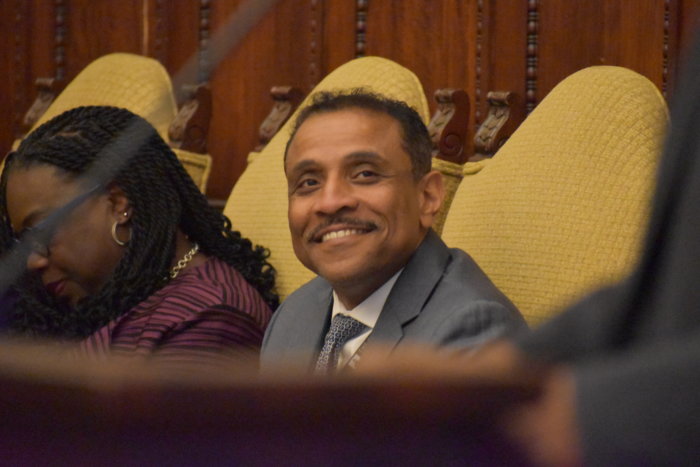
“We aim to give our new superintendent the runway necessary to continue his strategic planning process, which may require us to go slow so that we can eventually go fast,” Fix-Lopez told lawmakers.
Curtis Jones Jr., another Council member, spoke about the need for urgency to close the “school-to-prison pipeline” and reduce gun violence.
“It is not your fault, but it is all of our responsibilities, and we have to move faster to stop the bleeding, literally and figuratively,” he told school officials.
Watlington, who took over as superintendent in June, repeated his vision to make Philadelphia “the fastest improving large, urban school district in the country.”
He told Council that his top priority is safety, and he is also focusing on boosting student attendance, teacher attendance and graduation rates. Currently, about 70% of public school students graduate in four years, Watlington said.
Watlington’s team is developing a five-year plan, which he intends to present to the BOE in May.



